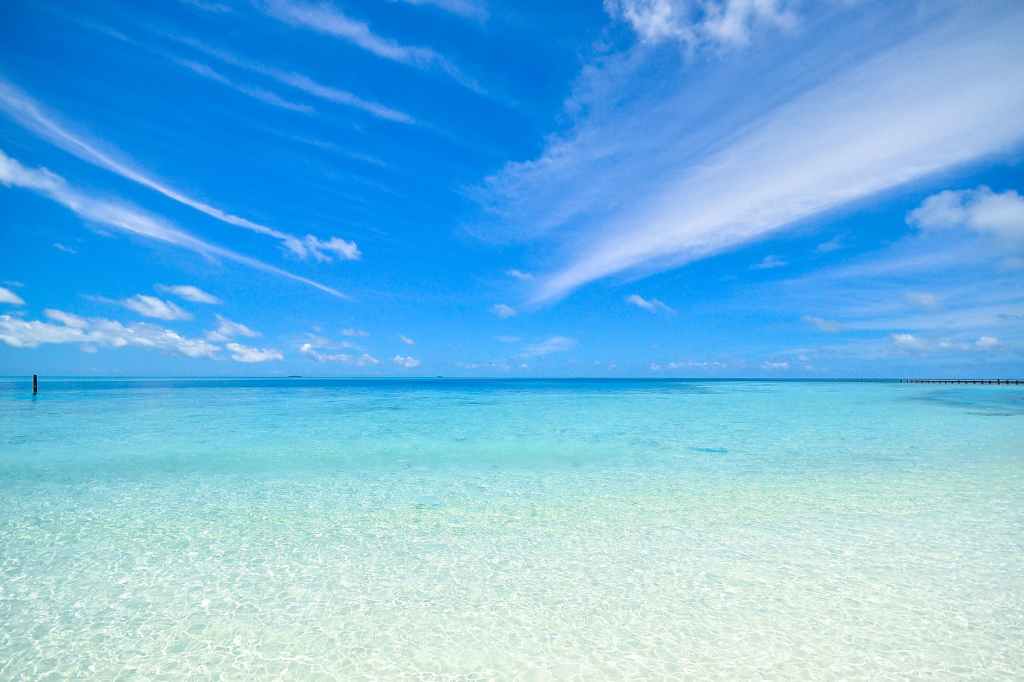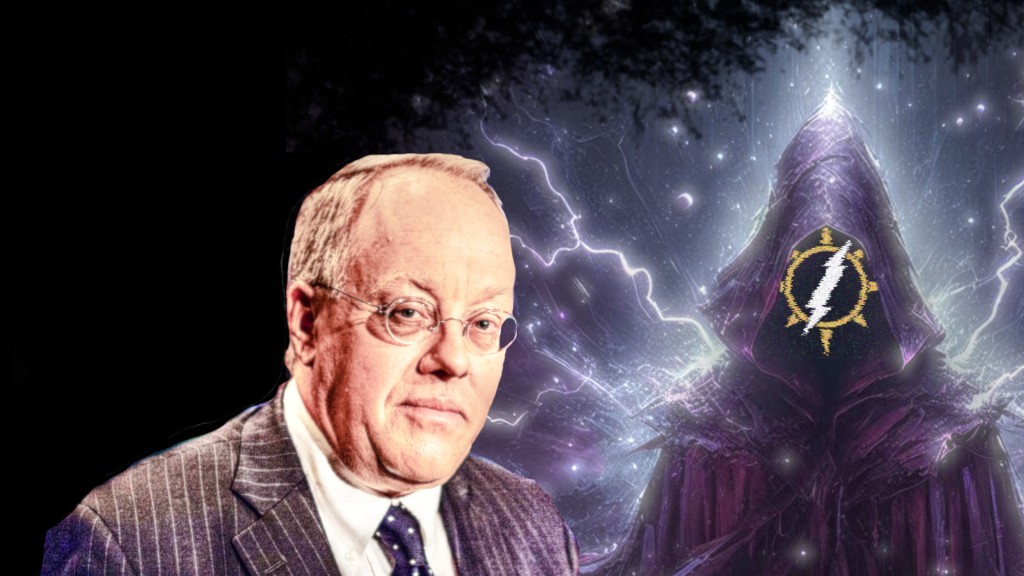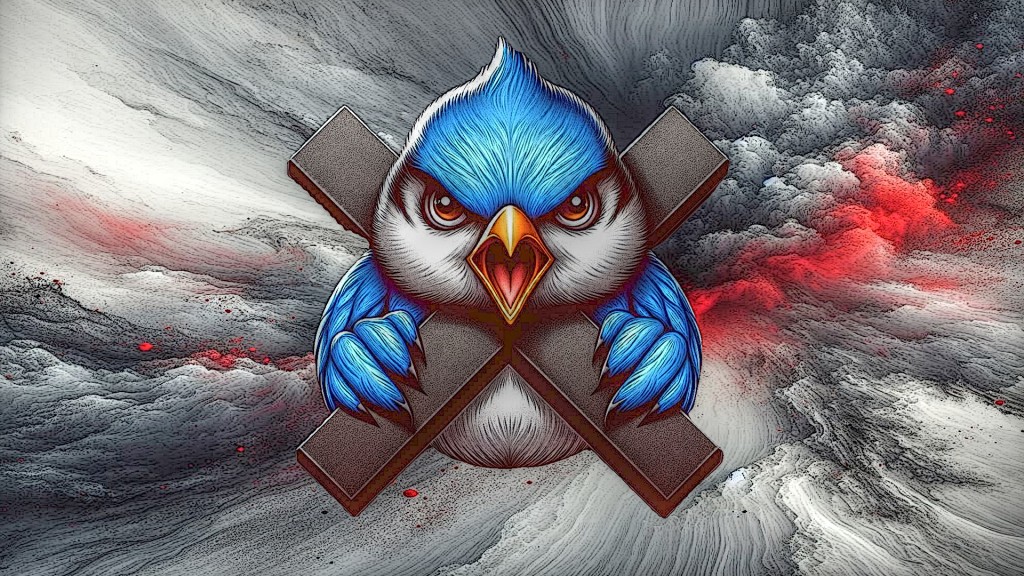From Tongan Folklore
This is a story about Pungalotohoa, who was a very strong man. This story refers to the time when a man named Munimatamahae was born. He was a strong man also. Pungalotohoa and Munimatamahae were two men who were just as strong as Maui Atalanga and Maui Kisikisi.
Pungalotohoa lived in Tonga (Tongatabu) with his tribe but he treated them very badly. He killed his people and beat the people of the land. He was a cannibal and that is the reason for his killing the people. He wanted to bake and eat them. Thus he scourged the people of the land of Tonga. Some of the people ran away to the bush and lived there, because they were afraid they would be taken and baked for Pungalotohoa to seat. He took many women and kept them in his enclosure for his wives. He had a great many wives and concubines.
After a while Pungalotohoa learned of a man in the Hihifo district in Tonga (Tongatabu) who was brave but not very strong. When Pungalotohoa heard of him, he decided to go and watch and kill him. The man’s name was Motukuveevalu.
Motukuveevalu was afraid that Pungalotohoa would kill him, so he ran away to the bush and lived there. Pungalotohoa was a bad man and had no love in him. Pungalotohoa was very angry, when he found that Motukuveevalu had escaped him.
Pungalotohoa dwelt with his wives. He had a very large kava plant, as big as a tree, growing in his enclosure, and on the kava roosted flying foxes. One of the flying foxes was white and that one was clever. It did what Pungalotohoa told it to do, because it was fed by the master himself. Its name was Pekatea (White flying fox).
After a time Pungalotohoa prepared to leave on a boat to go to Haapai. The brave man named Motukuveevalu, who lived in the bush because he was afraid of Pungalotohoa, heard that there was a boat preparing to sail for Haapai. So he told his wife who was expecting a child, to go by the boat to Haapai. He said: “Go to Haapai by the boat and, when your child is born, your relatives will take care of you until you are both strong again. Meanwhile I’ll stay in Tonga in the bush, because Pungalotohoa might find us and kill us all. I will stay by myself while you go.” So the wife of Motukuveevalu went, and he gave her two yams to eat on the voyage, as she was pregnant.
She went in the boast as far as Haapai and passed Haapai and the boat went in between other islands. The woman still had her two yams. Then the chiefs and people on the boat said they would kill the woman and bake her and her two yams for them to eat. They struck her and she was dead; so they baked her and her two yams. They threw the two heads of the yams into the sea, and one grew into a reef and so did the other. The name of these two reefs in Haapai is Ufimoufi (Yam-and-yam), the heads of the woman’s yams.
They removed the viscera from the woman’s abdomen together with the child. They threw the viscera with the unborn child into the sea. It must have been the day the child was to have been born when the woman was killed, because the child was alive in the womb. The viscera with the child floated away before the tide and wind. They floated to the land. The name of the land is Lofanga and the name of the beach where the child was stranded is Muni.
An old man and woman came along looking for shellfish. As they went by they saw a plover, which flew away calling. The bird had found the viscera with the child on the beach. The child was still alive and the bird had pecked at the mass and cut the child’s face. The couple heard the child crying and screaming. When they found the child they said that they would adopt him, so that he would be of some use to them. So these two took the child and fed him. He lived and grew and he was very naughty. He hit all the children in the land of Lofanga and the chiefs and people grew tired of his waywardness. There was not a big boy that this lad did not whip. The old man and woman loved their boy. They had a big, strong boy, and that was what made them happy; but the chiefs and people were angry with him, because he beat all the big children. That was what made the chiefs of Lofanga angry – the fact that he struck all of their children.
The boy was named after the beach to which he drifted. The name is Muni, the name that the old couple who adopted him gave him. His second name is Matamahae, meaning “torn face,” because his face was torn by the plover’s pecking. That is why his full name is Munimatamahae. The boy was very strong and there was not a man whom he could not best. That was why the people of the land were angry with the man and woman who adopted the boy Munimatamahae.
The chiefs and the people arranged to have a large fishing net made. On the appointed day the old man and woman and their mischievous boy were to attend to one whole end of the fishing net. Then the old man came and told the old woman and boy: “I went to the fono (assembly to hear the chiefs’ orders) of our land. We are going to have an uloa (one mode of communal fishing).” The Munimatamahae then asked: “Well, what about the fishing that is to be held?” The old ma and woman were crying, for they knew they were given much to do because of Muni’s mischief. That was why Muni asked them, “Well what about the fishing that is to be held?” So they told him, “The chiefs of this land tell us that we are to attend to one end of the net, while the chiefs and al of the other people attend to the other end.”
Then Munimatamahae asked them: “Why are you crying?” The old man and woman answered, “We are crying because we don’t know who is going to help us with our end of the net.” Then Munimatamahae told them: “Don’t you worry. We will be able to fix it. Why, it is only a plaything. Why should you cry?” His father and mother told him that the rope was to be made on the morrow. The coconut leaves were to be got ready and strung the day after and then towed to the fishing place. Again Munimatamahae said: “Never mind. Don’t you cry. Leave it to me. I will fix it.”
When the day came that the ropes were to be made, Munimatamahae went and collected the bark of the hibiscus tree and made the rope. Then he got coconut leaves. He did not cut the leaves with an axe or a shell, but used his hands to break them off together with the trunk of the coconut. He then made their end of the uloa net. Thus their part was finished. Muni made it himself, while his father and mother did nothing.
The Munimatamahae told his father: “Go and tell the chiefs that our part of the net is finished and it is ready to be taken to the sea.” So his father went and reported to the chiefs of their land: “I have come to tell you that our part of the uloa is finished.” The chiefs were so surprised that they could not speak. The fishing did not take place, for it was only a subterfuge. They only said they would fish, so that if the old man and his son could not finish their part, they would have an excuse to kill Munimatamahae.
The chiefs then arranged to build a big enclosure. A message was sent to the old man and his wife and the boy, Muni: “A fence is to be built and you are to build one-half of it, while the chiefs and the people build the other half.” This order threw Muni’s foster parents into tears again. “Why are you crying?” Muni asked. His mother and father replied. “We are crying because we have to make one-half of the fence.” Munimatamahae consoled them, saying: “Do not cry, because it is only play. Let me please myself and I will build it.” Then Muni asked them: “When is the fence to be made?” His parents told him: “It is to be made tomorrow.”
Early the next morning Muni went to see where the fence was to be erected. When he found the place he stretched out his arm and broke the coconut, the koka, breadfruit, the other kinds of trees and quickly constructed the part of the fence that had been assigned to his parents to build. It was finished before the part to be built by the chiefs and the people had been begun.
The chiefs and the people of the land came and saw the fence made by Muni, and they were frightened and said: “What will we do to this wicked man, Munimatamahae?” The fence was left unfinished. The chiefs and people did not plant their part of the fence, because they saw that Muni had done his part. They did not really want a fence, but they only ordered it made to worry Muni. They thought he would not be able to do it, and so they would have some reason to kill him. The chiefs and people were anxious that Muni fail in some task, so they might have an excuse to do away with him.
The chiefs and people of the land again thought of giving Muni so much work that it would tire him. Therefore they said: “We will build boats. We will build one boat while the two old people and Muni are left to build a second boat.”
So one man went to tell Muni and his father and mother. “The chiefs and people sent me to tell you that we are all to build boats. You two and Muni are to build one boat and the chiefs and the people of this land are to build another boat.”
Muni’s father and mother cried upon hearing this. Muni inquired of them: “Why are you crying?” and the old man and the old woman answered: “We have been told by the chiefs that boats are to be built. One boat is to be built by this old man and one is to be built by them, the chiefs and people. That is why we are crying. Who is to build the boat with us?” Then Muni said: “Don’t cry, but let me please myself.”
Muni went and cut logs of wood to build the boat. When he had cut the trees he brought them to his home. He then went to pick the coconuts from which to secure the fiber for the ropes. He beat the husks, picked the fibers, plaited the rope, and that was finished. He then started to construct his boat. He finished it in two days, but the people had not started theirs. They had not even got the logs ready.
Muni told his father: “Do and tell the chiefs that our boat is made.” His father went and told the chiefs, “Our boat is finished.” They were quite surprised and said: “Isn’t there anything we can do that will enable us to kill this man, Munimatamahae?”
They arranged then to build a boat house. So they sent a man to tell Muni and his father: “We are going to build a boat house. One side is to be built by Muni and his father.” The messenger delivered the message, saying: “I have been sent by the chiefs to tell you that a boat house is to be built. They say one whole side is to be built by you. The other side is to be built by the chiefs and the people of the land.” Muni reassured them, saying, “Don’t cry, but let me please myself.” So Muni went to get posts. He did not chop the posts, but he uprooted the trees and broke them. Those were the posts for their side of the boat house. When he had finished that he went and picked coconut leaves for thatch. Then he started to build. He completed the roof on their side of the shelter, but the side of the chiefs and people of the land was not built.
Then again they thought of some way by which to get the better of this man, so that they might kill him, for they were tired of his ways. So the chiefs said, “We might be able to beat this man if we go and launch the boat. We will have him go beneath. Then we will wall him in from the bow and stern.” Many people said, “That is very goo; that is a very clever way to get rid of this troublesome man.”
They went to launch the boat. They assigned each man a place, and the chiefs and people told Muni to go below and work there. When the people knew Muni was below, they closed him in and tried to kill him.
When Muni became aware of this, he said: “I suppose I am going to be killed by my people and relatives, for I am enclosed.” Then he stood up and pushed the boat up and threw it into the sea. The chiefs and people who were getting ready to kill him were frightened.
So again they said, “There does not seek to be anything we can do to kill this man.” As the boat was in the sea, the chiefs said: “We will take turns in keeping watch over the boat that is in the sea. Some will go and sleep on the boat and watch. So they took turns in watching the boat. One day a message was sent to Muni and his father and mother, that it was their turn to watch the boat that night. They answered that it was all right and that they would look after it.
The chiefs and the people of the land sent others to the boat to remove all equipment. Everything was brought on shore because Muni was going to sleep on the boat. They thought that while he slept they could cut the anchor rope, so that Muni would be taken by the tide and be cast away on some shore to die.
Everything was taken ashore and Munimatamahae went to sleep on the boat. In order that he should die in the sea, all was taken away so that he would have nothing with which to bail the water or to paddle.
Muni went and slept and watched the boat. The chiefs of the land told a man to go and see if Muni was asleep on the boat, so that they could cut the rope holding the boat. A man went to see and found Muni fast asleep. So he cut the anchor rope, and the boat drifted with the tide and wind. Muni awoke to find the boat sinking. The water had reached his body and that was what awakened him. He exclaimed, “This boat is sinking.”
Muni sought a bowl to bail the water with, but he could find none. He looked for the paddles and they were not to be found. Then he searched for the steering oar, but he could not find it. Afterwards he heard a noise from inside the boat, so he went to see what it was, and he found a big bowl. It was not a kava bowl, but a food bowl. With it Muni managed to bail out the water.
Although he succeeded in bailing the vessel, he could find nothing to paddle with, and the boat was a long way from land. He was, however, fairly near Fiji. He then tore off a piece of board and paddled with that. He reached the land where he lived with his father and mother. Then he anchored the boat in the sea, and went on shore. It was still night. It was not yet daylight, and his father and mother were still asleep.
They awoke and talked and cried because of their love for Muni. They said, “We love our boy whom we brought up so that he would be of use to us and make us higher in station, but perhaps he is lost and has died.”
Muni then showed himself and said, “Here am I. I am still alive. Will you tell me who my father and mother are. I have heard you talking, and you are not my father and mother are. I have heard you talking, and you are not my father and mother. I know now I am a different man. Do tell me where my father and mother are, so that I may go to them.”
The old man and woman cried and then they said to him, “It is true, your mother came from Tonga (Tongatabu) when she was expecting you. The people on the boat killed your mother and baked and ate her, and you were thrown into the sea in your mother’s viscera. You drifted to the beach Muni. That is where we found you. We fed you and you lived. Your father is still alive in the Hihifo district; so you must go there. When you reach the land at Haatafu, go on the shore and follow the old road. When you go along a rail will fly up before you. You must run and follow it to where your father, Motukuveevalu, lives in the bush. Then go and meet him. There is a chief in Tonga called Pungalotohoa who kills and eats the people. That is the reason for your father, Motokuveevalu’s living in the bush.”
So Munimatamahae got on the boat and left Lofanga for Tonga. He reached Hihifo. He went on shore with firewood and rope and made a hole in the rocks. He did not make a hole in the sand or in the earth, but in the rocks. It is called the Oven of Muni and is on the Hihifo beach.
Muni then went on shore and followed the old road, obeying the instructions of the old man and woman who had brought him up in the land of Lofanga. As Muni proceeded along the old rail flew up and he ran after it So that part of the road is called Feleleimoeveka (Running with the rail). The rail alighted in the part of the bush where Muni’s father lived. Muni ran up to his father and asked, “Oh, who are you??” His father, Motukuveevalu, said, “Man, don’t speak, because I am afraid of the chief in Tonga whose name is Pungalotohoa.”
Muni then said, “I am your son who was expected when my mother went to Haapai. She was killed on the boat and I was thrown into the sea, and I drifted to the island of Lofanga. An old man and woman brought me up and they told me to come and find you.” His father cried and came and embraced him over and over again.
Muni cleared the brush so that his father could live comfortably and not live in a jungle. His father, Motukuveevalu, was angry and said, “Man, don’t clear the bush or Pungalotohoa will find us two and kill us, for his is the chief of this land and his is a cannibal. That is the reason for the people living in the bush.” But Munimatamahae kept on with his clearing of the bush.
Muni’s father’s beard was so long that it reached the ground. Muni baked some food and cooked coconuts for his father to eat, but his father was angry and said: “Don’t light a fire to cook food; they might see the smoke and come and kill us.” But Muni reassured him, saying, “Old man, don’t be afraid. Come and eat, while I go for a walk.”
Muni went to Hahake (eastern Tongatabu) to seek Pungalotahoa and to have a look at his land, his house, and his wives. After travelling a long way Muni reached Pungalotohoa’s dwelling. The gate was shut, so Muni called out, “Somebody come and open the gate.” But no one responded.
Muni forthwith broke the gate and threw it to one side. Then he uprooted a big kava shrub belonging to Pungalotohoa. He told Pungalotohoa’s people: “When Pungalotohoa returns tell him I have uprooted the kava and taken it. He an seek me if he wishes to drink the kava with me.” Muni took the kava with him. When he got to the road he tore the kava in two and shook the earth from one-half on one side of the road and the earth from the other half on the other side of the road.
When Pungalotoloa arrived at home he found his gate broken and his kava uprooted. He asked: “Who has uprooted my kava and broken my gate?”
The people answered: “A man named Munimatamahae was here. He broke the gate, uprooted the kava and took it with him. He said that when you came home you might seek him so as to drink the kava with him.”
Pungalotohoa ran after Muni for he was very angry with him. He overtook him on the road and they talked there. Pungalotohoa asked Munimatamahae: “Why have you uprooted my kava and broken my gate? What can you do?”
Munimatamahae answered: “You please yourself as to what we do.” So Pungalotohoa said: “Come, see who can throw the farthest.” Munimatamahae said: “You throw first.” So Pungalotohoa threw and broke the trees and landed at Haapunga. Then that part of the land was called Haapunga (haa, clan; punga, oral). Thereupon Munimatamahae threw and broke coconuts and all kinds of trees and landed on a tract called Hikunise. Pungalotohoa was outdone.
Then Pungalotohoa said, “Come let us box,” and Munimatamahae replied, “All right, please yourself as to what we do.” So they started boxing. Pungalotohoa seized Munimatamahae and threw him in the air. When he came down his foot was sore, but he did not fall flat on the ground. Then Munimatamahae seized Pungalotohoa and threw him in the air, and threw him on the ground. Pungalotohoa’s bones were all broken by his fall and his body was completely crushed. Pungalotohoa died, but afer a little while came to life again. However, he was beaten and Munimatamahae had won.
Then Pungalotohoa said to Muni: “Munimatamahae, I have no plantation to give you, but here is the land of Tonga for you. You can also have my wives, while I stay out of the land because I am beaten. You can be chief, while I will be just punga (coral). I will be punga on shore and punga in the sea.” Thus it was with Pungalotohoa who became the stone called punga.
Then Muni came away, and built a large house and brought his father to live in it, instead of in the bush. Munimatamahae called upon all the people who stayed in the bush to assemble in the cave where Pungalotohoa used to kill and roast people. Thus Muni gathered all the people who were left. He conquered and loved the people.
Source:
Tongan Myths and Tales, Edward Winslow Gifford, 1924





